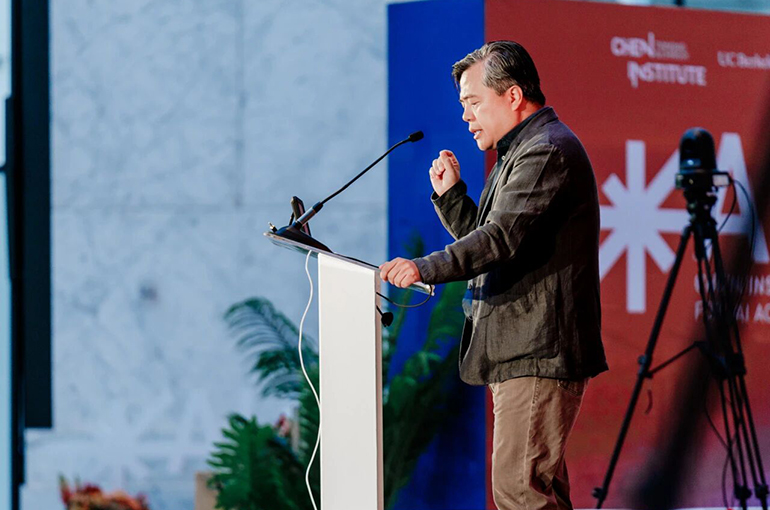 China's EverMind Launches Open-Source Long-Term Memory System for AI Agents
China's EverMind Launches Open-Source Long-Term Memory System for AI Agents(Yicai) Nov. 19 -- EverMind, a tech incubation project under the research team of Shanda Investment Group, a global investment firm set up by Chinese billionaire Chen Tianqiao, has released an open-source long-term memory system that aims to become the data infrastructure for future artificial intelligence agents.
EverMemOS was inspired by the human brain's memory mechanism, from sensory encoding, hippocampal indexing, to cortical long-term memory, and the prefrontal cortex and hippocampus working together to form and retrieve memories, the team recently announced. The "brain-like" concept is the core of the system's design, enabling AI to think, remember, and grow like a human, it pointed out.
Claude, ChatGPT, and other AI applications feature long-term memory as a strategic-level feature, noted Chen, who also co-founded the Tianqiao and Chrissy Chen Institute. Memory will become the core competitiveness and turning point for future AI apps and is also the key for AI to evolve from a "tool" to an "intelligent agent" and from passive response to proactive evolution, according to Chen.
In a video on WeChat on Nov. 17, Chen elaborated on a "discovery-based intelligence" concept, outlining two paths to achieve it -- the "scale path" and the "structure path".
The scale path emphasizes that parameters are knowledge, and intelligence is the product of scale, so as long as the model is large enough, the data is abundant enough, and the computing power is strong enough, intelligence will naturally emerge, according to Chen. The path has achieved astonishing application results, enabling AI to predict proteins, generate compounds, and even assist in scientific research, he noted.
The structure path is more like the "cognitive anatomy" of intelligence, he pointed out.
The ceiling of the scale path achieved solely by data and computing power is evident, failing to break through the barriers toward true understanding and discovery, Chen said. Due to this, "structuralist thinking is making a comeback," he noted.
"What we need is not more graphics cards, but new theories, new algorithms, and new imagination," Chen stressed. "This requires interdisciplinary thinking: the integration of neuroscience, information theory, physics, and cognitive psychology."
The TCCI will invest over USD1 billion to build a specialized computing power cluster to provide young scientists with resources for immediate experiments, Chen pointed out. "This computing power is not for competing in scale, but for exploring structures, verifying memory mechanisms, new causal architectures, or new neural dynamics hypotheses."
Editor: Martin Kadiev